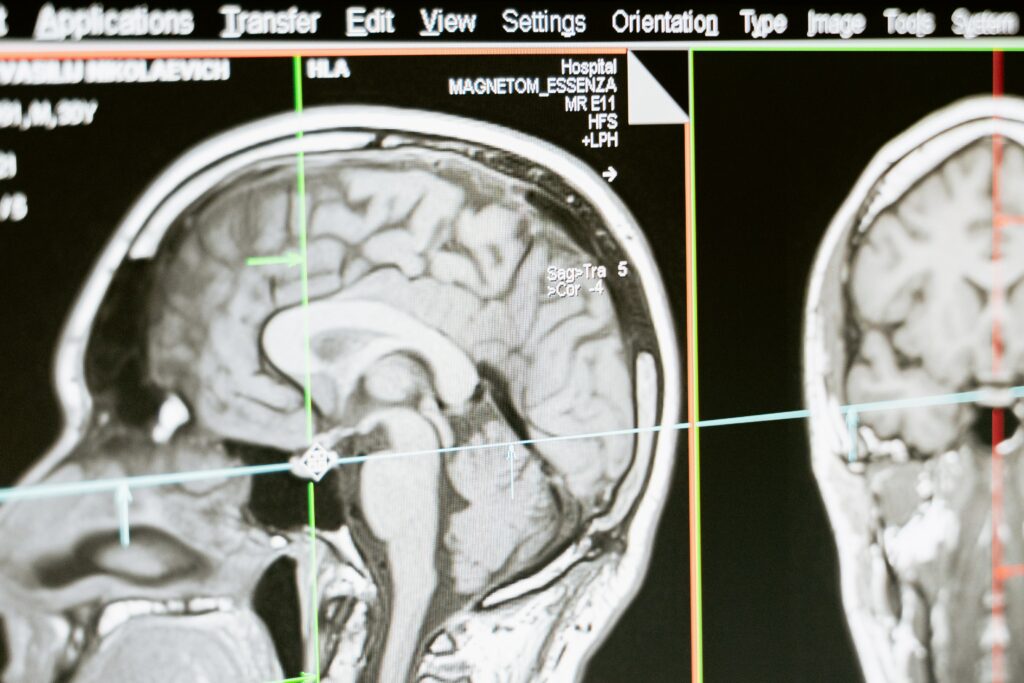The advent of technology has taken our health to the next level. It was primarily focused on the improvement of communication between health professionals and patients. However, it has gradually evolved into a broad term encompassing all health related technologies including telemedicine, telemonitoring and digital health solutions.
In just a few years, e-health has gone from an idea to a reality. Thanks to the Covid 19 conference, which took place in December last year, e-health has experienced a growth spurt and will continue to grow exponentially in the coming years.
E-health is the use of technology to improve access to healthcare services and empower patients to improve their health. This means that healthcare providers can treat patients without having to contact them, and that patients can access their medical records from the comfort of their own homes, rather than having to go to a healthcare facility to have their records assessed. For example, a patient suffering from a chronic disease such as asthma could access their doctor’s records and medical recommendations online instead of having to attend an appointment in person. Accessing medical information in this way not only improves patient health outcomes, but also reduces the need for healthcare providers to provide unnecessary services, thus reducing healthcare costs in the long run.
The rapid growth of e-health in recent years is mainly due to technological advances in the field of medicine. For example, the widespread use of smartphones with internet access has made access to health information more convenient than ever before. This has led to patients taking more responsibility for their own health and well-being by educating themselves about their conditions and using their own treatments to improve their health. This in turn has led to a change in the way health professionals deliver services. Whereas in the past the focus was mainly on diagnosing and treating patients, now it is much more about giving patients the tools to manage their own illnesses and providing them with the resources they need for better health.
While this change in approach has undoubtedly been beneficial for patients, it has also brought challenges for health professionals, who must now adapt the way they deliver services to meet the needs of their patients in the digital age. One area that has been particularly affected by the rise of eHealth is the management of chronic diseases such as diabetes and asthma. Traditionally, these patients have been responsible for taking their medications regularly and monitoring their health regularly to ensure they stay healthy. However, with the increased use of the internet and social media in recent years, many patients have begun to rely on social media and digital monitoring devices to self-monitor their health, rather than relying on healthcare professionals to provide them with this type of information. This has led to a decrease in the number of patients who have regular contact with their healthcare providers, and fewer doctor’s appointments per year overall. As a result, health professionals also have less time available for patient care, which directly affects their ability to care for patients effectively and leads to higher stress levels among health professionals.

